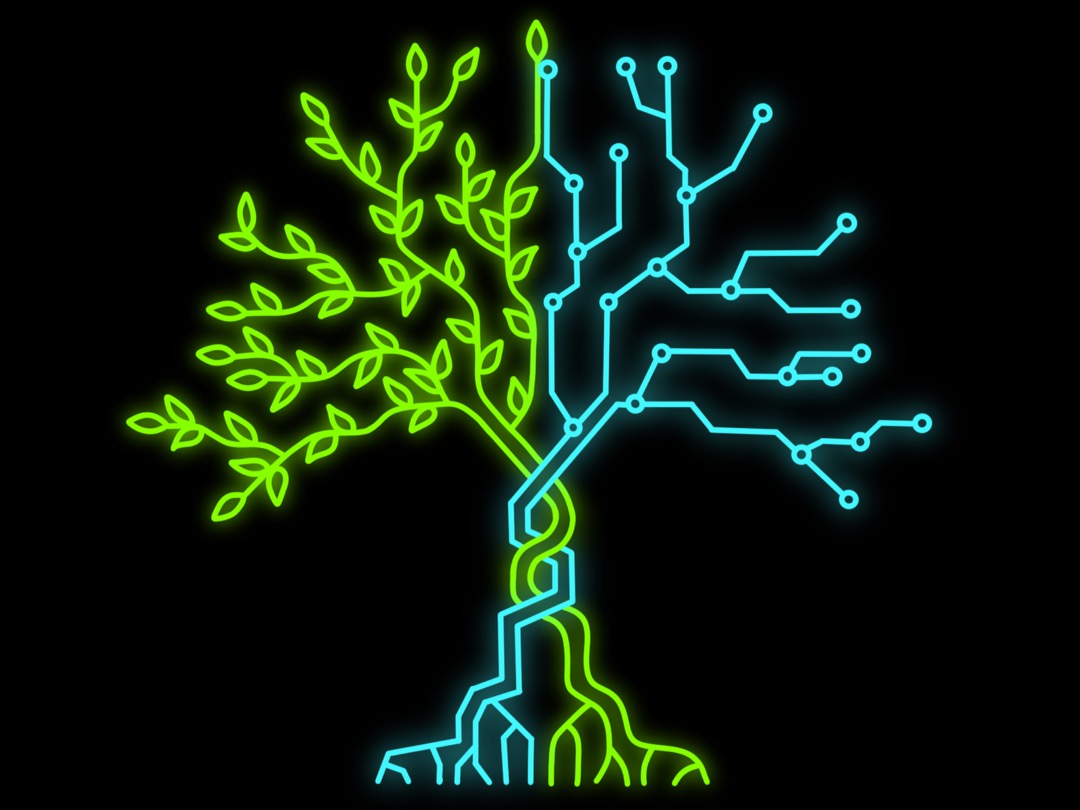As a plant grows from a seedling to a fully blossomed flower, there are many factors that play a role in its development: the amount of water it gets, the amount of sunlight, the type of soil and what types of bees travel to and pollinate the flower. All of these factors care for the flower and change how it grows. Just like a plant is shaped by outside elements, our lives are shaped by the people around us. These people affect not only who we are, but how we view the world. Sometimes, that impact will outlive their ph ysical presence in our lives, just like a flower can outlive the bee that pollinated it.
ysical presence in our lives, just like a flower can outlive the bee that pollinated it.
When I lost my dad to cancer last fall, I did not understand grief. I had heard about the so-called five stages of grief. Was I supposed to feel denial for the first week, then anger, next depression and finally after a couple of months was I just supposed to accept that I lost someone so important to me? None of that sat right with me. How could my way of grieving have to follow the same timeline as someone experiencing something entirely different?
It seemed to me that the five steps of grief were society’s attempt to organize something that is impossible to sort out. Grief is messy; it is different for everyone and it is a lasting feeling. Just as we all love others in our own ways, we mourn losses in our own ways.
Minnie Carroll, a mother of two students at Marin Catholic and Branson, shared her experience with grief after losing her husband to kidney cancer. She reaffirmed the point that grief does not follow a specific timeline.
“A lot of people think there’s a metric that should be placed on grief. [If a] grandparent dies, give them six months. A parent dies, give them a year and a half. A spouse dies, give them two years. A child dies, they need three. It is a nonlinear experience, so [this expected timeline] is unfair because it creates the impression [of], ‘Why isn’t she over it?’ or ‘Why is she still ruminating on this?’” Carroll said.
For many people dealing with grief, it can feel as if they are experiencing it wrong because they are not following society’s set steps or timeline for grieving. Junior Erin Stolte lost her dad two years ago and felt she had not grieved in the “right” way.
“I felt like if I wasn’t thinking about him enough [and] I wasn’t doing the right thing. Or if I wasn’t living my life, then he would be disappointed in me,” Stolte said. “In the best way, I just wanted to find the right balance between living my life and also being sad and depressed. I realized there’s no right way to go through the first few months and you have to let your mind and your body run their course. Just trust that everything will be okay.”
The specific traits that shape an individual play a role in the grieving process. Whether it’s a familiar smell, the way they smiled at you or an activity you loved to do together, these specific memories make for a deeply personal grieving process. In some sense, it is not only the person you are grieving for, but the relationship you two had. Carroll spoke to this when reflecting on her grieving process.
“Everyone’s experiences are as unique as they are as a person, unique as the relationship they had with the person they lost and as unique as the circumstances under which they passed away. There [are] so many different factors that feed into the nature of one’s experience, and I’ve learned that it’s always important to be super respectful about the fact that no two people grieve the same way,” Carroll said. “For me, some days are better than others. Some days, it’s as if maybe nothing happened, and then there are other days where you feel like an [overgrown] wisdom tooth. The range of experiences that can happen sometimes suddenly is disorienting and destabilizing and very humbling.”
Adjusting to a lifestyle with a vital person missing is difficult; it takes time, and it requires support from the people around you. It is also important to be patient and kind to yourself and realize that it is okay to feel all sorts of emotions.
“At the beginning, for the first few weeks or months, I was in disbelief. In a way, that was necessary for me to deal with it. I was just expecting him to come back or show up at the doorstep, but over time, it finally started to settle in,” Stolte said.
Stolte is not alone in her feelings. Luke Trusheim, a Redwood graduate who lost his father just over a year ago, also reflected on how his emotions have changed over the past year through his process of grieving.
“I’ve felt certain emotions repeat themselves. At first, [the feelings I was experiencing and the things I would think about] were new, and I sort of know now that it’s normal. [My feelings] definitely weaken over time and grief does go away with time, but it’s always there, and you learn to live with it. I’ll still have very strong waves of emotion, and they hit [me] randomly,” Trusheim said.
In a fast-paced world, it is easy to pass by people and disregard the spectrum of emotions they may be grappling with. Grief is an emotion that does not go away by isolating yourself or the person experiencing it. Rather, the way to survive is by allowing pain to exist and not ignoring it, rushing it or undermining its significance. Although everyone’s grief is different, they all share something in common: Their grief needs to be witnessed.
“[Not talking about it] is one of the most tricky things about this experience. It’s tricky not only for the person experiencing it, but it’s [also] very tricky for the people around them trying to be supportive. Some days you’re good, and then some days you’re not,” Carroll said. “We live in a society that tends not to talk about difficult things, and there’s a lot of stigmas [and] discomfort around grief because you never want to say the wrong thing.”
All experiences of grief are different, yet equally significant. These feelings of grief will continue to be present in society, so even if it is a hard subject to bring up, sometimes with the right person and situation, it can be necessary. Even taking time out of your day to support a friend dealing with grief or being conscious of why someone may be feeling a particular way makes a big difference. Handling these complex feelings amongst other societal stressors is far from easy, but it truly speaks to the impact that person had on your life and the power of your love and memories.
“It’s painful to think about what could have been and the future, and what it would be like if this didn’t happen,” Trusheim said. “But the other side of that is, I got time, and as much as I wished and hoped it would have been longer, I get to look back and say to myself, ‘I have memories.’”







